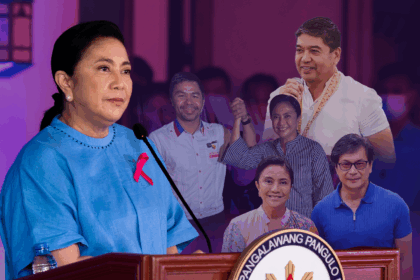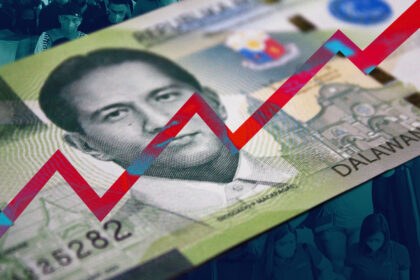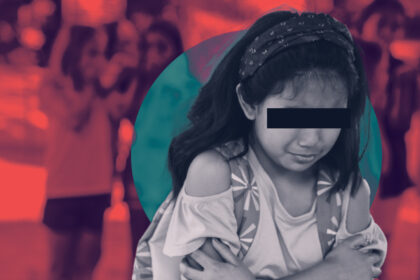As global warming hits 1.5°C in 2024, around 5,000 climate advocates in the Philippines have had enough of band-aid solutions and empty promises.
They are urging world leaders at the 29th Conference of the Parties (COP29) to take more proactive and aggressive steps to prevent global temperatures from exceeding the threshold.
Heeding the clamor for climate justice
The 1.5°C threshold was derived from how nearly 200 countries signed the Paris Agreement in 2015, committing to limit global warming to no more than 1.5°C above pre-industrial levels to avoid triggering irreversible impacts of climate change.
However, the World Meteorological Organization reported that this limit was temporarily breached due to the average surface air temperature from January to September 2024 being 1.54°C above baseline temperatures.
“From the devastation of ‘Yolanda’ to ‘Odette’ and now ‘Kristine’, the country is an alarming reminder for developed countries to adhere to their historical responsibility and provide higher climate finance,” Philippine Movement for Climate Justice (PMCJ) National Coordinator Ian Rivera said.
What is COP29?
The Conference of the Parties (COP), is held annually, with the Presidency rotating between the 5 recognized UN regions. This year, it was conducted in Azerbaijan from November 11 to 22, 2024 with a central focus on mobilizing finance and securing robust climate financing.
According to Rivera, the Philippines plays a “crucial role” in holding major contributors to global warming accountable, where the DOF is determined to utilize all available resources and implement tools across fiscal and financial sectors to strengthen the country’s disaster resilience.
COP29 conference emphasized the need for trillions of dollars to help countries reduce greenhouse gas emissions and safeguard lives and livelihoods from climate change.
Reasons to push the climate emergency button
The Philippines has seen oil and coal spills in 2024, pushing for bold action and sustained, increased financing for a country that is perpetually on the frontlines of catastrophic typhoons.
According to PMCJ Luzon coordinator Erwin Puhawan, there is a barge carrying 11,000 metric tons of coal that ran aground during Severe Tropical Storm Kristine (international name: Trami) in Masinloc, Zambales.
Residents of Toledo City, Cebu, have also raised concerns that housing eight coal-fired power plants threatens the health and livelihoods of locals, which are owned by AboitizPower and Therma Visayas Inc.
These circumstances stimulated discussions about transitioning to renewable energy, and while local governments take concrete, decisive actions, the national government lacks stricter, stringent efforts to recognize the climate emergency.
Notwithstanding the promise during COP28 to gradually phase out reliance on fossil fuel for energy and shift towards renewable sources, environmental groups stated that fossil fuel expansion continues in Southeast Asia.
Begging for Better
The Philippines demands climate justice, emphasizing that nations least responsible for climate change bear its highest costs and that those most accountable must address this inequity.
In the wake of Typhoon Pepito, the Department of Finance (DOF) has been pushing for an initial climate finance target of USD 1.3 Trillion annually from developed countries for adaptation, mitigation, and loss and damage that are aligned with the urgent needs of developing nations.
The COP29 conducts a two-week marathon session to determine how to scale up climate financing and strengthen global commitments to transition away from fossil fuels.
According to DOF, the Philippines’ climate improvements is a call for streamlined, transparent, and equitable financing processes that simplify policy implementation, tracking, and verification, where key priorities are: (1) direct access to financial mechanisms, (2) support for country-led strategies, and (3) expanded capacity-building initiatives.








